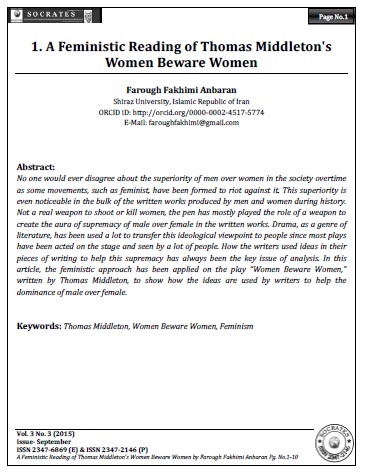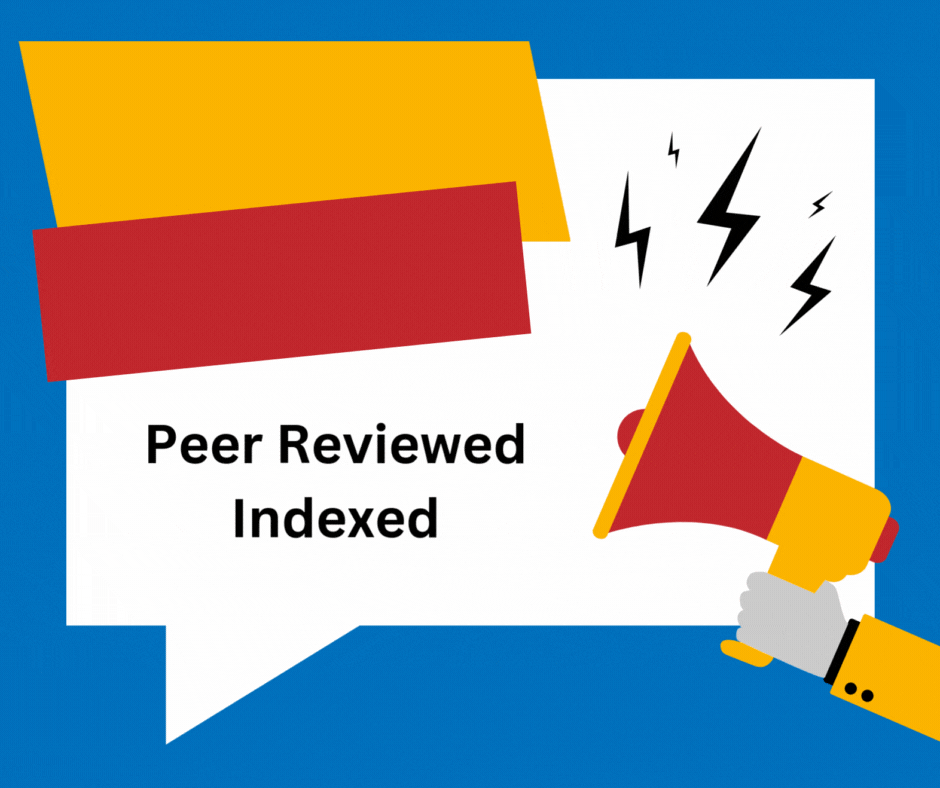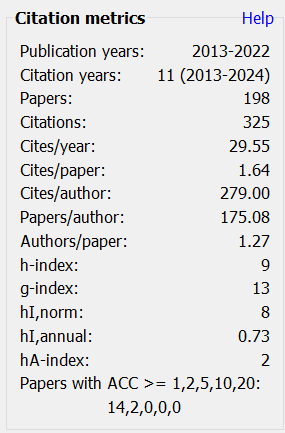A Feministic Reading of Thomas Middleton's Women Beware Women
Keywords:
Thomas Middleton, Women Beware Women, FeminismAbstract
No one would ever disagree about the superiority of men over women in the society overtime as some movements, such as feminist, have been formed to riot against it. This superiority is even noticeable in the bulk of the written works produced by men and women during history. Not a real weapon to shoot or kill women, the pen has mostly played the role of a weapon to create the aura of supremacy of male over female in the written works. Drama, as a genre of literature, has been used a lot to transfer this ideological viewpoint to people since most plays have been acted on the stage and seen by a lot of people. How the writers used ideas in their pieces of writing to help this supremacy has always been the key issue of analysis. In this article, the feministic approach has been applied on the play “Women Beware Women,” written by Thomas Middleton, to show how the ideas are used by writers to help the dominance of male over female.
Downloads
Metrics
References
Deutscher, Penelope. (2002). Yielding gender: feminism, deconstruction and the history of philosophy. New York: Routledge.
Fetterley, Judith. (1997). Introduction: on the politics of literature. Feminism: an anthology of literary theory and criticism. Eds. R. R. Warhol & et al. New Jersey, Macmillan Press Ltd. 564-574.
Habib, M. A. R. (2005). A History of literary criticism from Plato to the present. Malden, USA: Blackwell Publishing.
Hartsock, Nancy. (1990). Foucault on power: a theory for women?. Feminism / Postmodernism. Ed. by Linda J. Nicholson. New York: Routledge, 157-176.
Kaplan, Cora. (1993). Feminist literary criticism: ‘new colours and shadows'. Encyclopaedia of literature and criticism. Ed. Martin Coyle & et al. Cardiff: University of Wales, PDF version.
Middleton, Thomas. (1968). Women Beware Women. Ed. by R. Gill. London: Earnest Benn Ltd.
Patterson, M. (2005). Oxford Dictionary of Plays. OUP: New York, 452.
Rivkin, Julie and Michael Ryan. (2004). Introduction: Julie Rivkin and Michael Ryan, the implied order: structuralism. Literary theory. Edited by Julie Rivkin and Michael Ryan. Maiden, USA: Blackwell Publishing Ltd., 53-56.
Schmitz, Thomas A. (2007). Modern literary theory and ancient texts: an introduction. Oxford, UK: Blackwell Publishing
Selden, Raman & et al. (1997). A reader's guide to contemporary literary theory. Fourth Edition. Essex, England: Prentice Hall.
Spivak, G. C. (2000). Feminism and critical theory. Modern criticism and theory: a reader. Ed. by David Lodge. New York: Pearson Education Inc., 475-494.
Walters, Margaret. (2005). Feminism: a very short introduction. Oxford University Press Inc.: New York.
Wright, S. H. (2006). Early feminism. The Routledge companion to feminism and postfeminism. Edited by Sarah Gamble. London: Routledge, 3-15.
Yeatman, Anna. (1990). A feminist theory of social differentiation. Feminism / Postmodernism. Ed. by Linda J. Nicholson. New York: Routledge, 281-300.

Downloads
Published
How to Cite
Issue
Section
License
Revised Copyright/CC license that applies to all the articles published after 05-02-2017
Attribution-NonCommercial 4.0 International (CC BY-NC 4.0)

Copyright/CC license that applies to all the articles published before 05-02-2017
Attribution-Non Commercial-No Derivatives 4.0 International (CC BY-NC-ND 4.0)

Author(s) will retain all the right except commercial and re-publishing rights. In the case of re-publishing, they will have to obtain written permission from the journal. Additional licensing agreements (Creative Commons licenses) grants rights to readers to copy, distribute, display and perform the work as long as you give the original author(s) credit, they can not use the works for commercial purposes and are not allowed to alter, transform, or build upon the work. For any reuse or distribution, readers and users must make clear to others the license terms of this work. Any of these conditions can be waived if you get permission from the copyright holders. Nothing in this license impairs or restricts the authors’ rights. To view a copy of this license, visit http://creativecommons.org/licenses/by-nc-nd/4.0/ or send a letter to Creative Commons, 171 Second Street, Suite 300, San Francisco, California, 94105, USA.
Research Papers published in SOCRATES are licensed under an Attribution-NonCommercial-NoDerivatives 4.0 International (CC BY-NC-ND 4.0)












